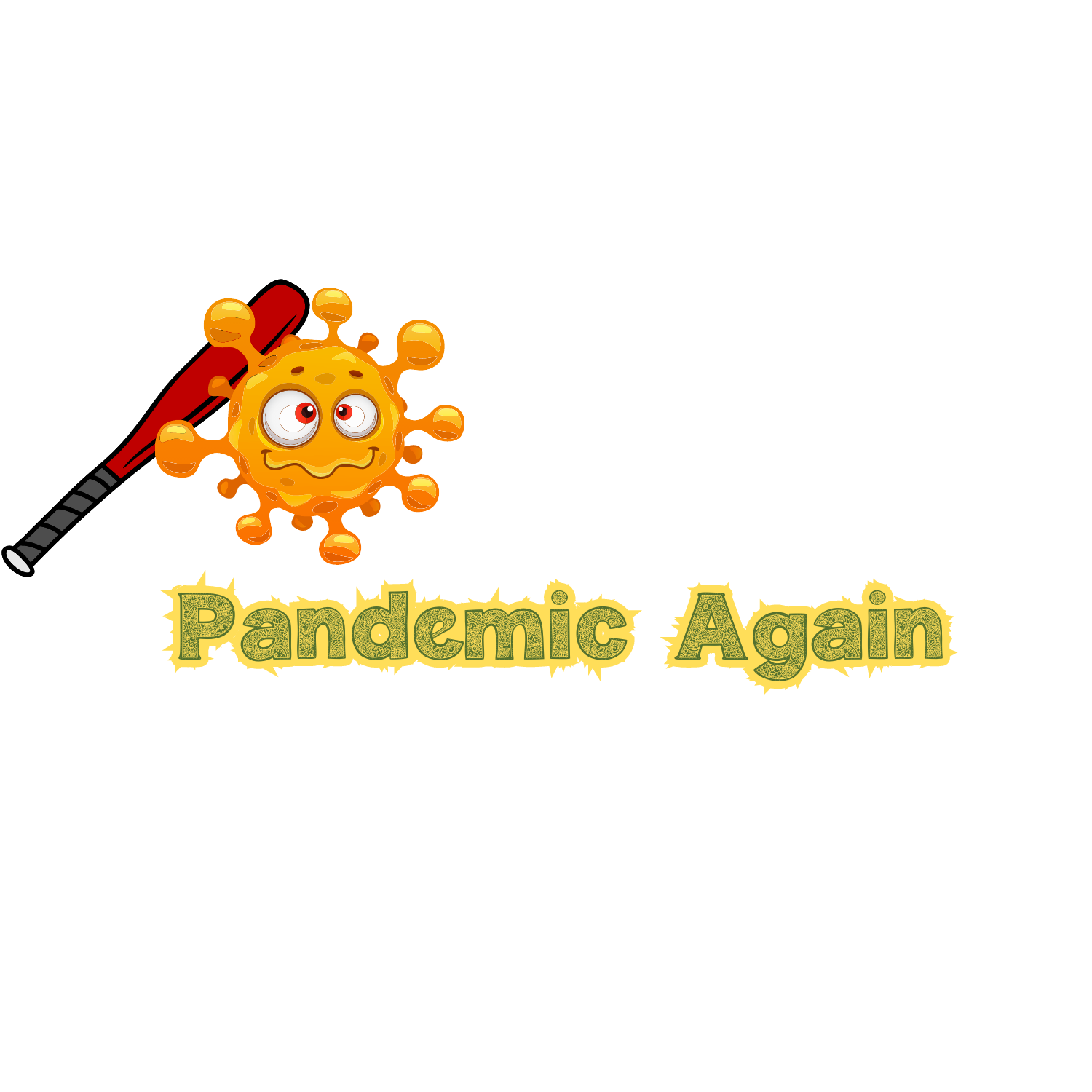HIV/AIDS (1981-Present)
The Human Immunodeficiency Virus (HIV), which targets the immune system and can cause AIDS, a condition in which the immune system weakens and can result in malignancies and life-threatening infections, is the root cause of the HIV/AIDS epidemic. More than 75 million people have acquired the HIV virus since the epidemic started in the early 1980s, and roughly 32 million have passed away from AIDS-related illnesses.
Origins and Spread: Non-human primates in Central and West Africa are thought to be the source of HIV. The virus first infected animals in the early 20th century (a zoonotic transmission), but it wasn’t until the late 20th century that it spread to people. The virus had gone global by the 1980s. Before spreading to the broader populace, HIV mostly impacted marginalized groups, such as gay males, intravenous drug users, and sex workers.
Symptoms: HIV infection develops in stages, with the early infection characterized by symptoms similar to the flu. Then, a protracted, frequently asymptomatic interval that can last a decade or longer follows. Without therapy, the immune system steadily deteriorates, resulting in AIDS, where the body is more susceptible to malignancies and opportunistic infections.
influence: The HIV/AIDS pandemic has had a significant influence on society, the economy, and culture. It has resulted in lower life expectancies, higher child mortality, and substantial socioeconomic disruptions in many nations, particularly in sub-Saharan Africa.
The illness also raised awareness of concerns relating to drug usage, sexual health, and the rights of LGBTQ+ populations, sparking both good campaigns for acceptance and rights as well as unfavorable responses marked by stigma and discrimination.
Significant research has been conducted and funds have been invested in treatment and prevention as part of the worldwide response to HIV/AIDS. Antiretroviral therapy (ART), although not a cure, can suppress the virus and stop it from progressing to AIDS as a result of this.
Modern Knowledge: Today, HIV-positive individuals can live long, healthy lives with the right medical care. Additionally, research is being done on vaccination and perhaps a treatment. The epidemic has highlighted the necessity of international cooperation and the significance of tackling both the social and medical determinants of health.
One of the biggest public health issues in recent history is still HIV/AIDS. Its effects extend beyond health care and include social justice, equality, and human rights issues. What can be accomplished when communities, nations, and international organizations band together to face a shared threat is demonstrated by the worldwide response to HIV/AIDS.
